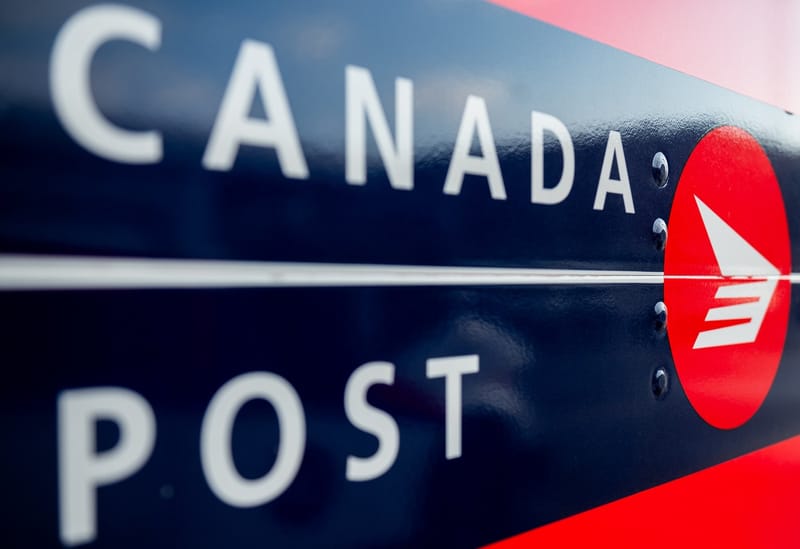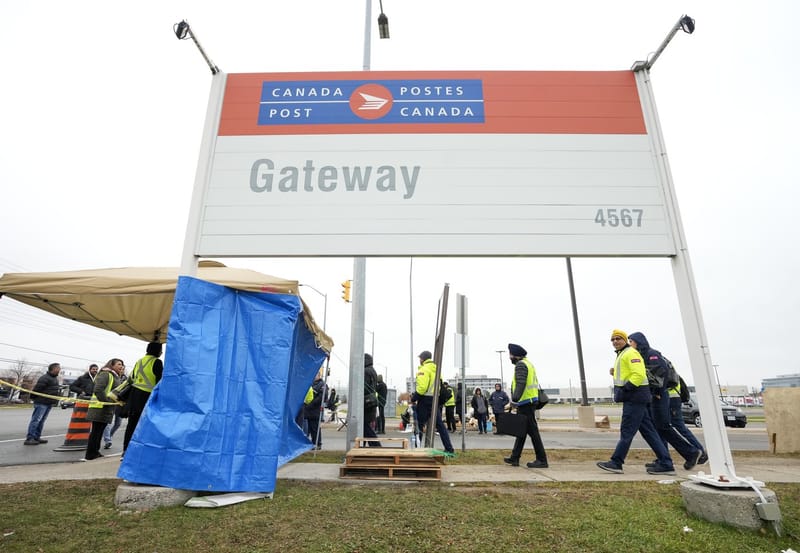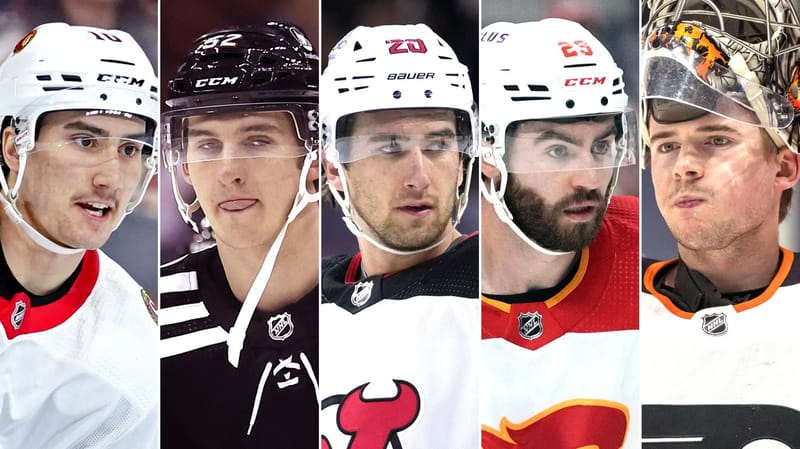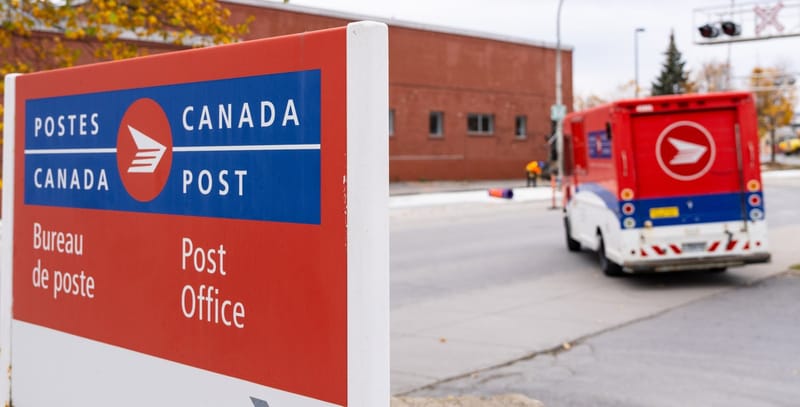Saskatchewan election campaign underway, vote set for Oct. 28
A media release says Premier Scott Moe asked Lt.-Gov. Russ Mirasty early Tuesday to dissolve the house and issue writs directing the election.
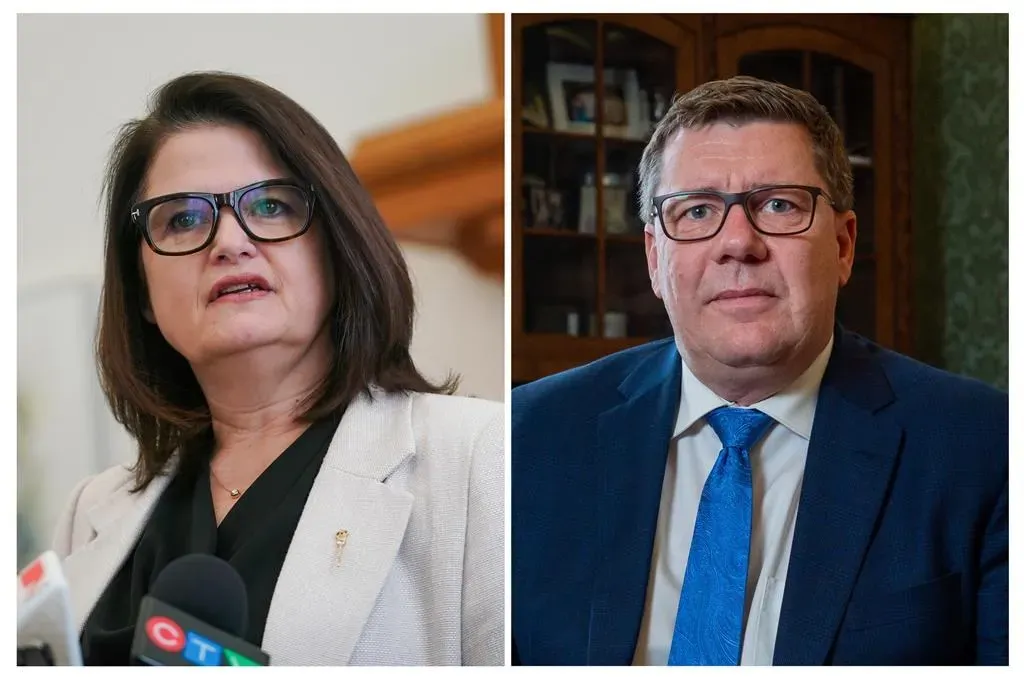
The Saskatchewan election campaign has officially begun, with voting day scheduled for October 28.
In a media release, it was announced that Premier Scott Moe requested Lt.-Gov. Russ Mirasty to dissolve the legislature on Tuesday and issue writs to initiate the election.
The four-week campaign is expected to center around key issues such as the cost of living, the economy, healthcare, and education.
Saskatchewan Party Leader Scott Moe, who became premier in 2018, is seeking his second term in office. He is expected to focus on his government's track record of economic growth, job creation, and population increase.
Moe, who represents Rosthern-Shellbrook, has also highlighted his government’s refusal to pay the federal carbon levy on home heating, stating that this decision has saved residents money.
Carla Beck, the NDP's Opposition leader, has been the legislature member for Regina Lakeview since 2016 and is running for the first time as party leader. Beck has pledged to temporarily suspend the 15-cents-per-litre gas tax for six months and remove the provincial sales tax on children's clothing and ready-to-eat grocery items, without increasing other taxes.
Recent polls indicate a close race between the two parties, though the distribution of constituencies presents a challenge for the NDP. Polls suggest the New Democrats have more support in urban areas, while the Saskatchewan Party remains strong in rural regions. To secure a majority in the 61-seat legislature, the NDP would need to win all 28 seats in Saskatoon, Regina, and Prince Albert, and gain additional support elsewhere.
Moe has cautioned voters that a Beck-led NDP government would take Saskatchewan back to a time of hospital and school closures, population decline, and economic stagnation. The NDP last governed Saskatchewan from 1991 to 2007, when it made cuts following financial difficulties left by the previous Progressive Conservative government.
Moe became leader of the Saskatchewan Party in 2018 after former premier Brad Wall retired. He won his first mandate in the 2020 election during the COVID-19 pandemic and has since clashed with Prime Minister Justin Trudeau’s Liberal government over the carbon levy and natural resource policies.
In his pre-election budget, Moe projected a $354-million deficit, with increased spending on education and healthcare. Beck has criticized Moe for what she describes as financial mismanagement, along with insufficient funding for health care and education.
Beck has also pointed to recent challenges within the Saskatchewan Party, including criminal charges, retirements, and internal conflicts, which have reduced the caucus from 48 to 42 members by the time of dissolution. Of those members, 16 are not running again, including eight cabinet ministers from Moe's last term.
At the time of dissolution, the NDP had 14 members in the legislature, with four Independents and one vacant seat.
The Saskatchewan Party has also faced internal turmoil recently. In the spring, Speaker Randy Weekes accused the governing caucus of bullying and claimed that Jeremy Harrison, the trade and export development minister, brought a gun into the legislature in 2016. Moe supported Harrison, who initially denied the claim but later admitted to it. While Harrison was removed as government house leader, he retained his cabinet position.


